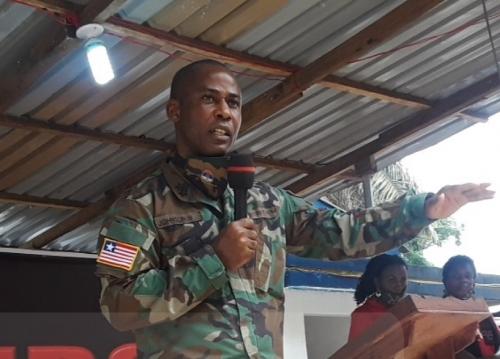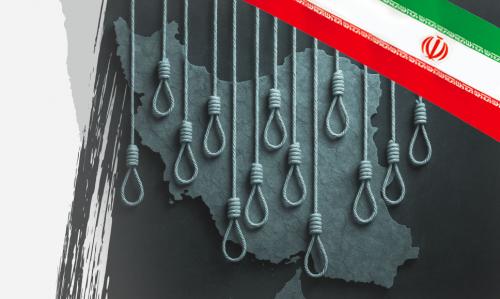government: presidential republic
state of civil and political rights: Partly free
constitution: 6 January 1986
legal system: mixed legal system of common law (based on Anglo-American law) and customary law
legislative system: bicameral National Assembly consists of the Senate and the House of Representatives
judicial system: Supreme Court
religion: Christian 40%, indigenous beliefs 40%, Muslim 20%
death row: 9 (as of 18 February 2015, according to the Government)
year of last executions: 0-0-0
death sentences: 0
executions: 0
international treaties on human rights and the death penalty:International Covenant on Civil and Political Rights
1st Optional Protocol to the Covenant (signed only)
Second Optional Protocol to the International Covenant on Civil and Political Rights (aiming to the abolition of the death penalty)
Convention on the Rights of the Child
Convention Against Torture and Other Cruel, Inhuman or Degrading Treatment or Punishment
Statute of the International Criminal Court (which excludes the death penalty)
situation:
In July 2008, following a string of armed robberies, the Parliament adopted the Armed Robbery Act, including provisions allowing for the death penalty for homicides committed during acts of armed robbery, terrorism or hijacking. Liberian Penal Code of 1976, already included the possibility of the death penalty for murder as well armed robbery, mercernarism, terrorism, hijacking, treason, espionage resulting in the death were capital offences but the new law goes against Liberia’s international commitments. On 16 September 2005, in fact, the National Transitional Government, led by Charles Gyude Bryant, had acceded to the Second Optional Protocol to the International Covenant on Civil and Political Rights. President Ellen Johnson-Sirleaf, who could have opposed the legislation of 2008, signed it into law.
It seems that courts are ruling as if the Penal Code of 1976 is unaffected by the 2005 accession to the Second Optional Protocol.
In 2014, the Ministry of Justice initiated a bill to abolish the death penalty and life imprisonment for juvenile offenders, while the Independent National Commission on Human Rights (INCHR) also advocated for a Constitutional amendment abolishing the death penalty pursuant to the Constitution Review Committee process.
In 2015, no executions or death sentences were recorded in Liberia. The last executions, 14, took place in 2000.
As of 18 February 2015, nine persons were on death row, according to the Government.
In 2016, at least 5 new death sentences were imposed. None in 2017.
The death penalty on women
Liberia has acceded to the ICCPR and the Protocol to the African Charter on Human and Peoples’ Rights on the Rights of Women in Africa, which prohibit the execution of pregnant women, and to the Protocol to the African Charter on Human and Peoples’ Rights on the Rights of Women in Africa, which prohibits the execution of nursing mothers according to deathpenaltyworldwide.org.
United Nations
On 4 May 2015, Liberia was reviewed under the Universal Periodic Review of the UN Human Rights Council. In its National Report, the Government said that Liberia acknowledged its international obligations under the Second Optional Protocol to the International Covenant on Civil and Political Rights, aiming at the abolition of the death penalty. However, in its response to the recommendations received, the Government did not support recommendations to abolish the death penalty.
On December 16, 2020, Liberia, as in previous years, abstained on the Resolution on a Moratorium on the Use of the Death Penalty at the UN General Assembly.








